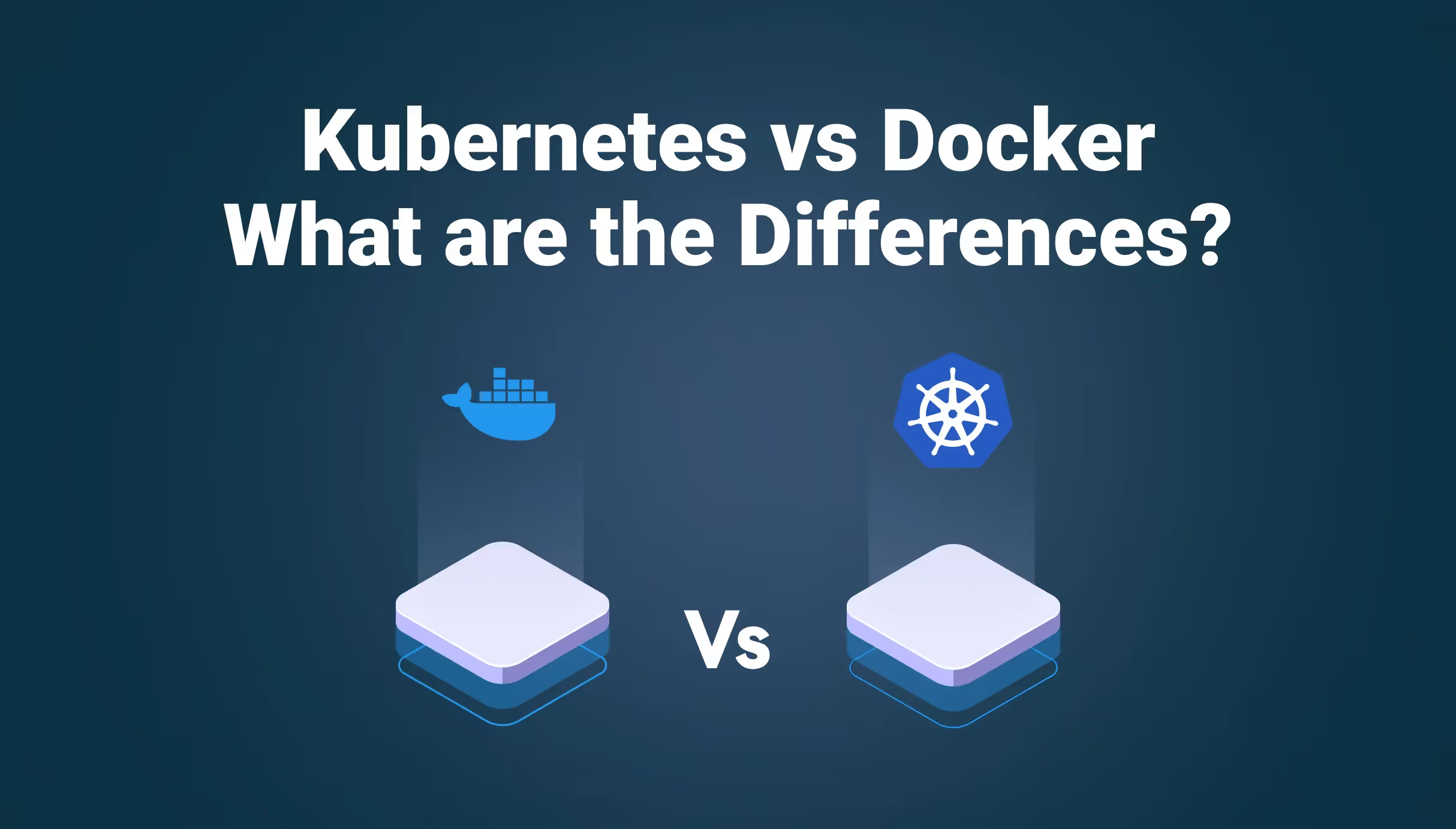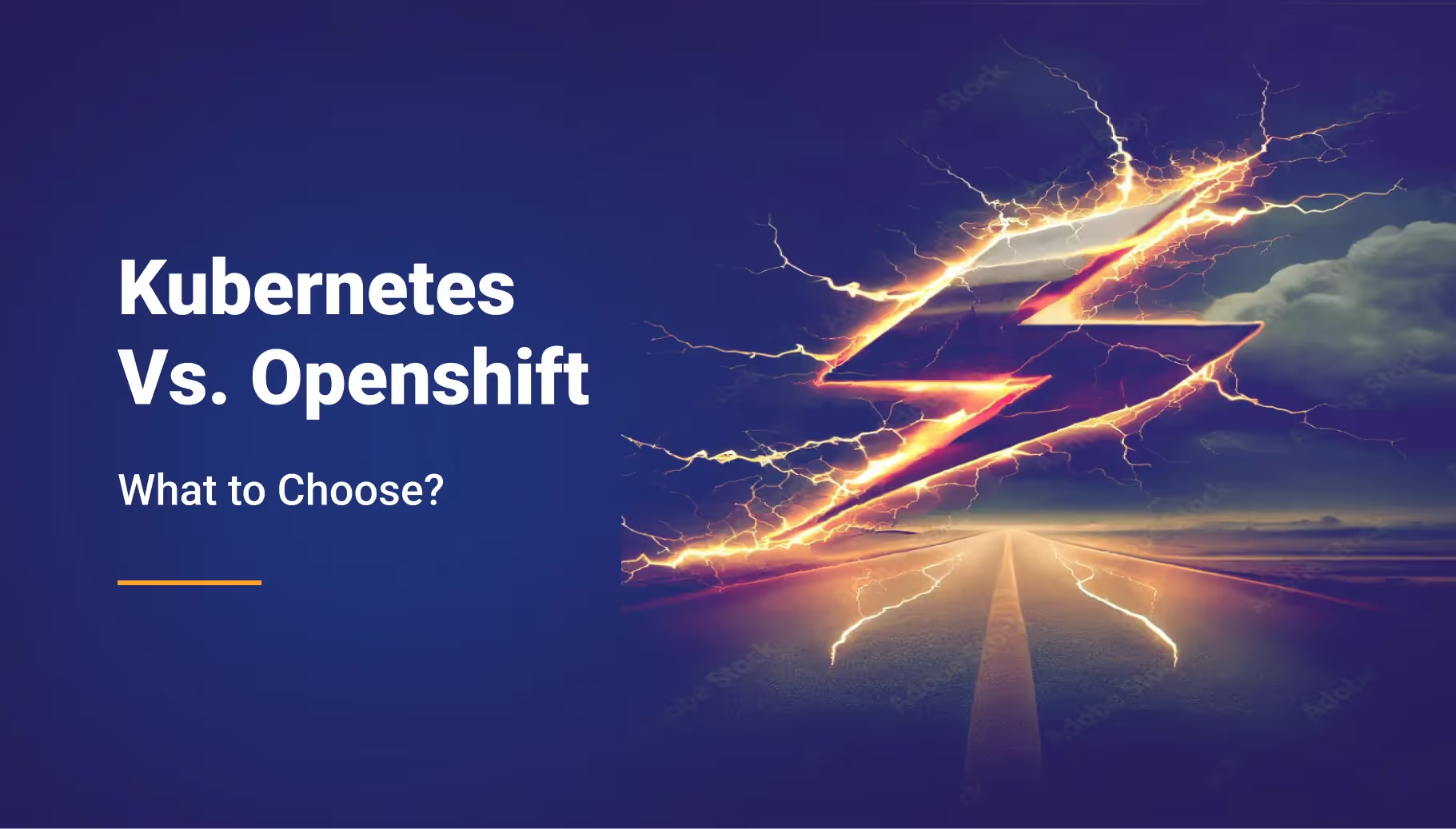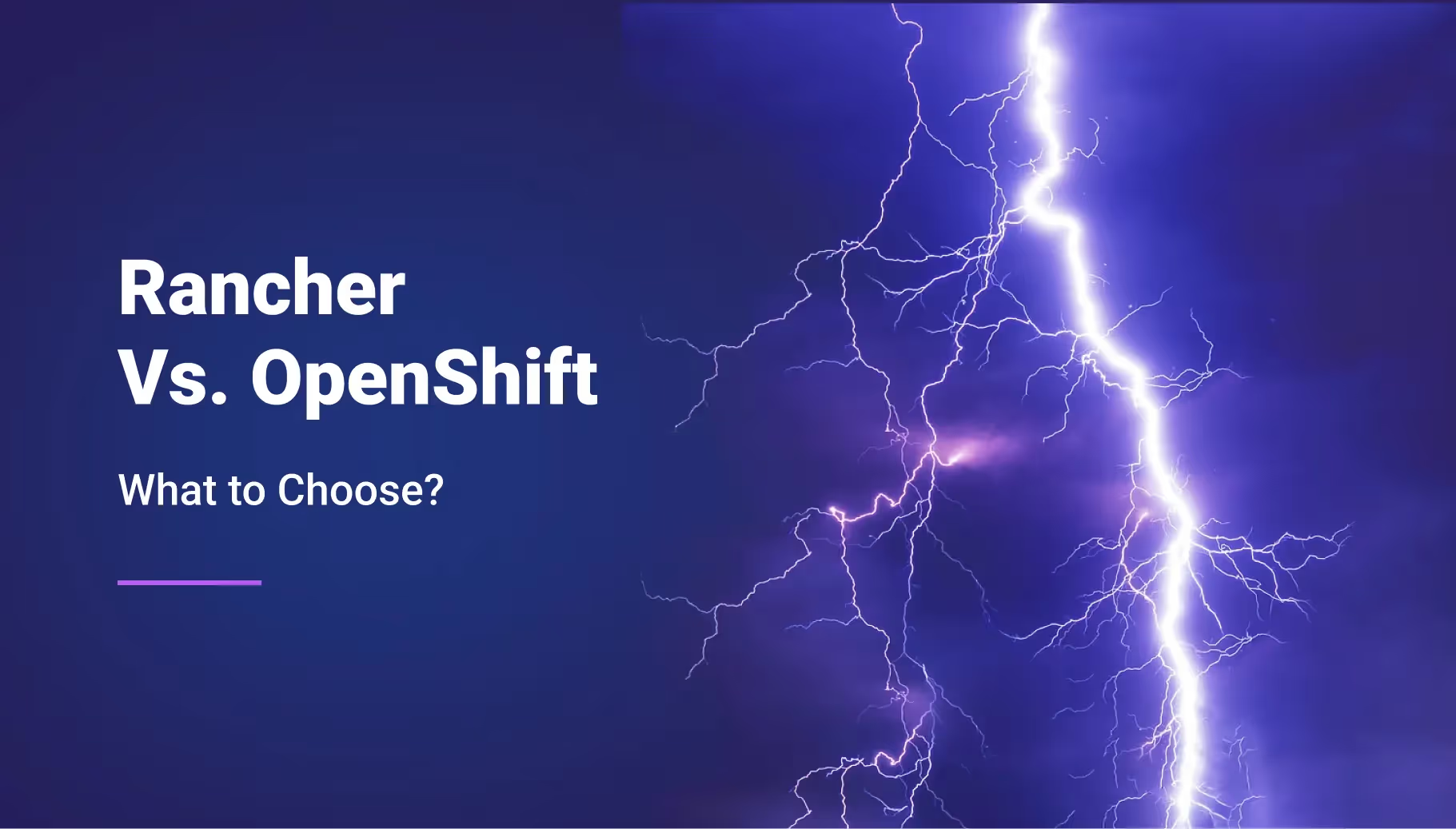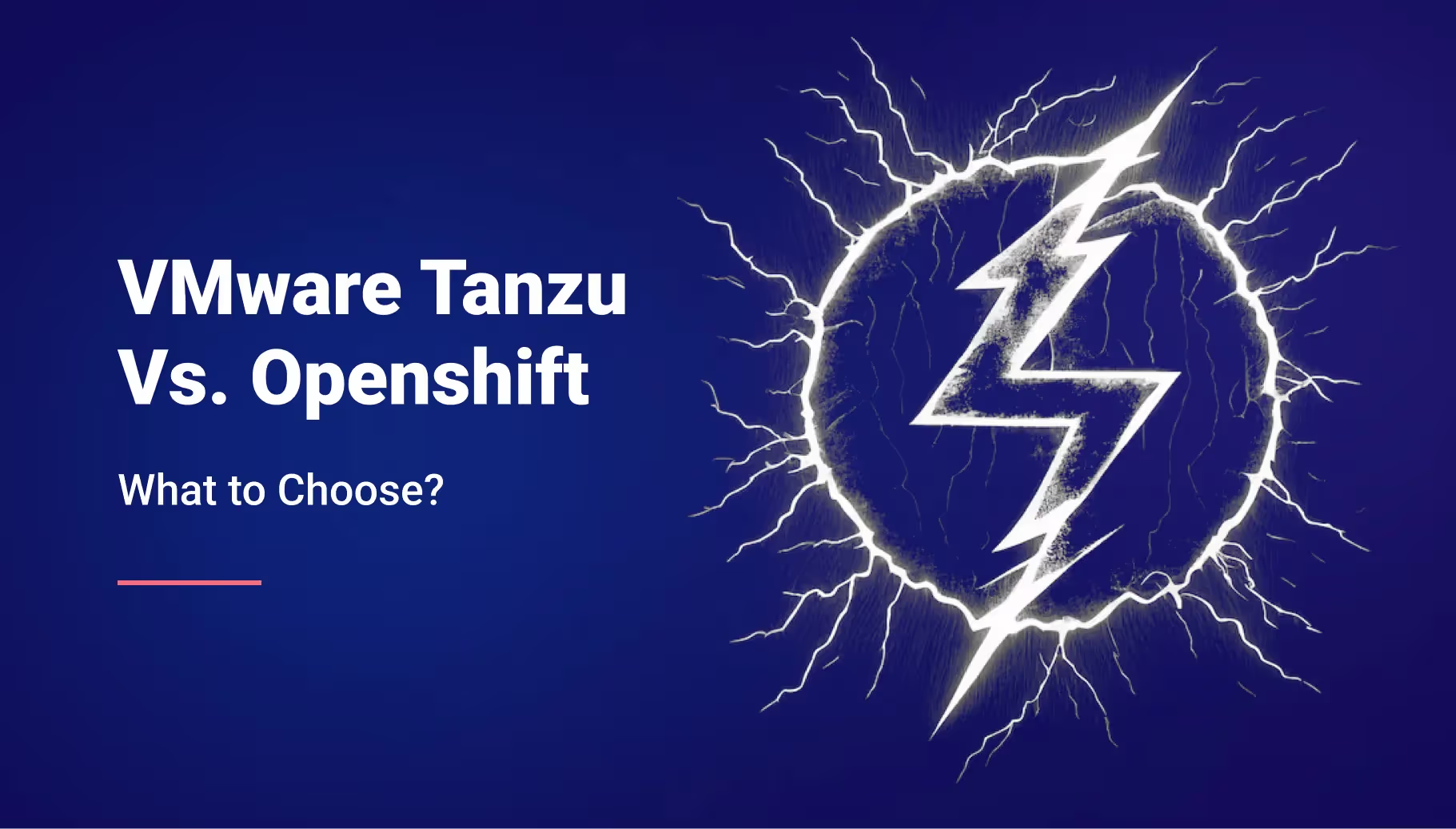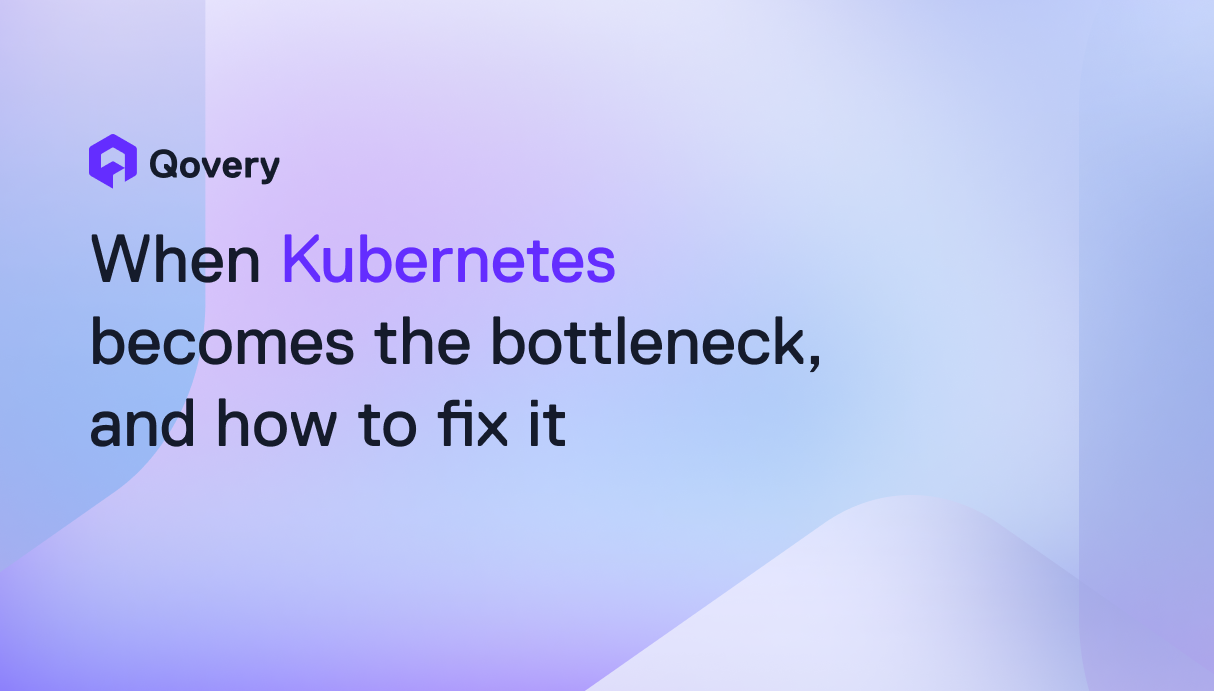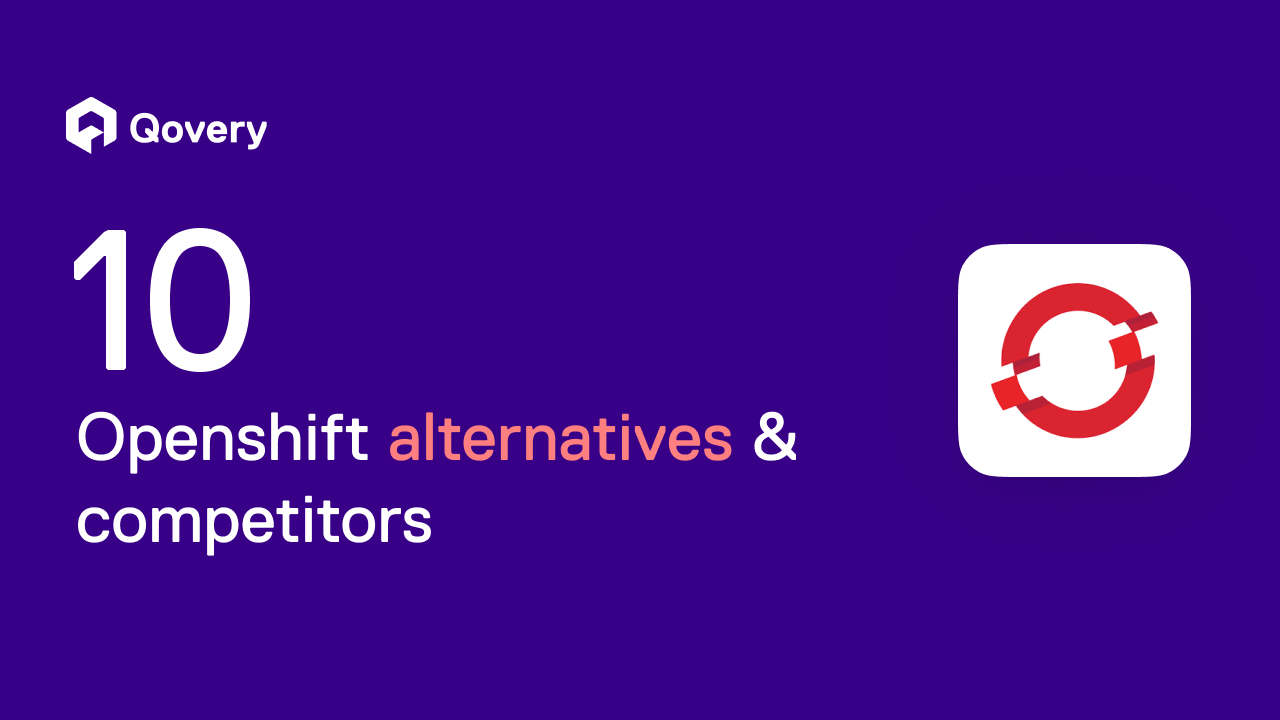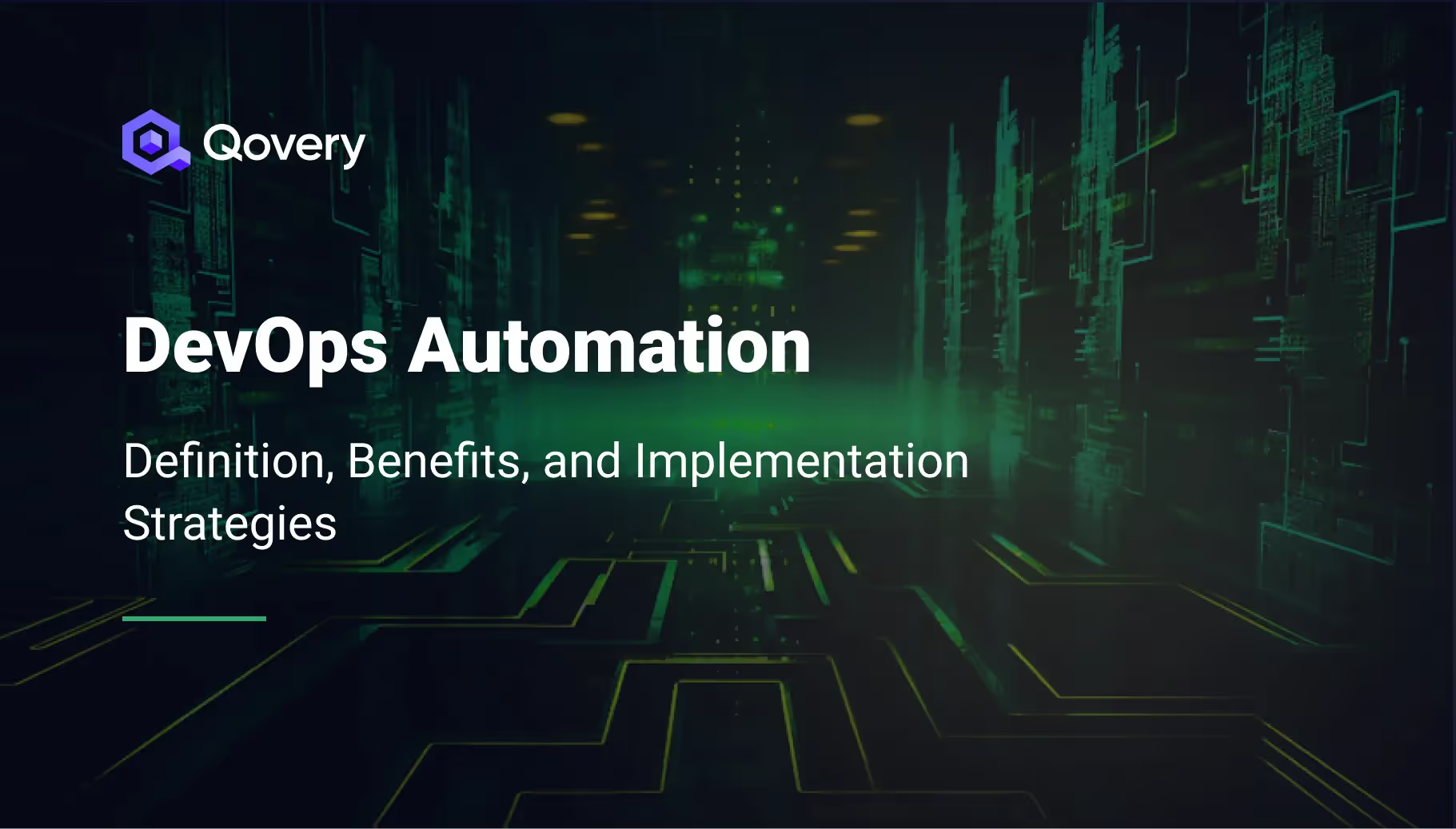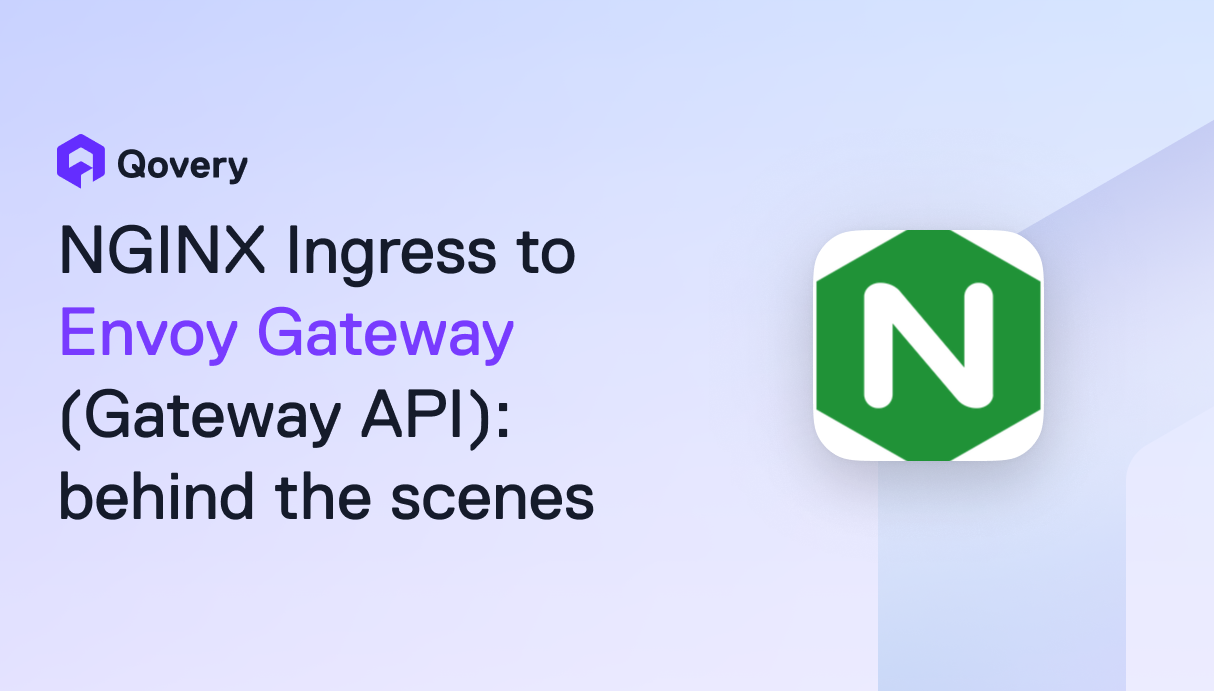

FluxCD vs. ArgoCD Comparison: Why Qovery is the Better Way to Do GitOps

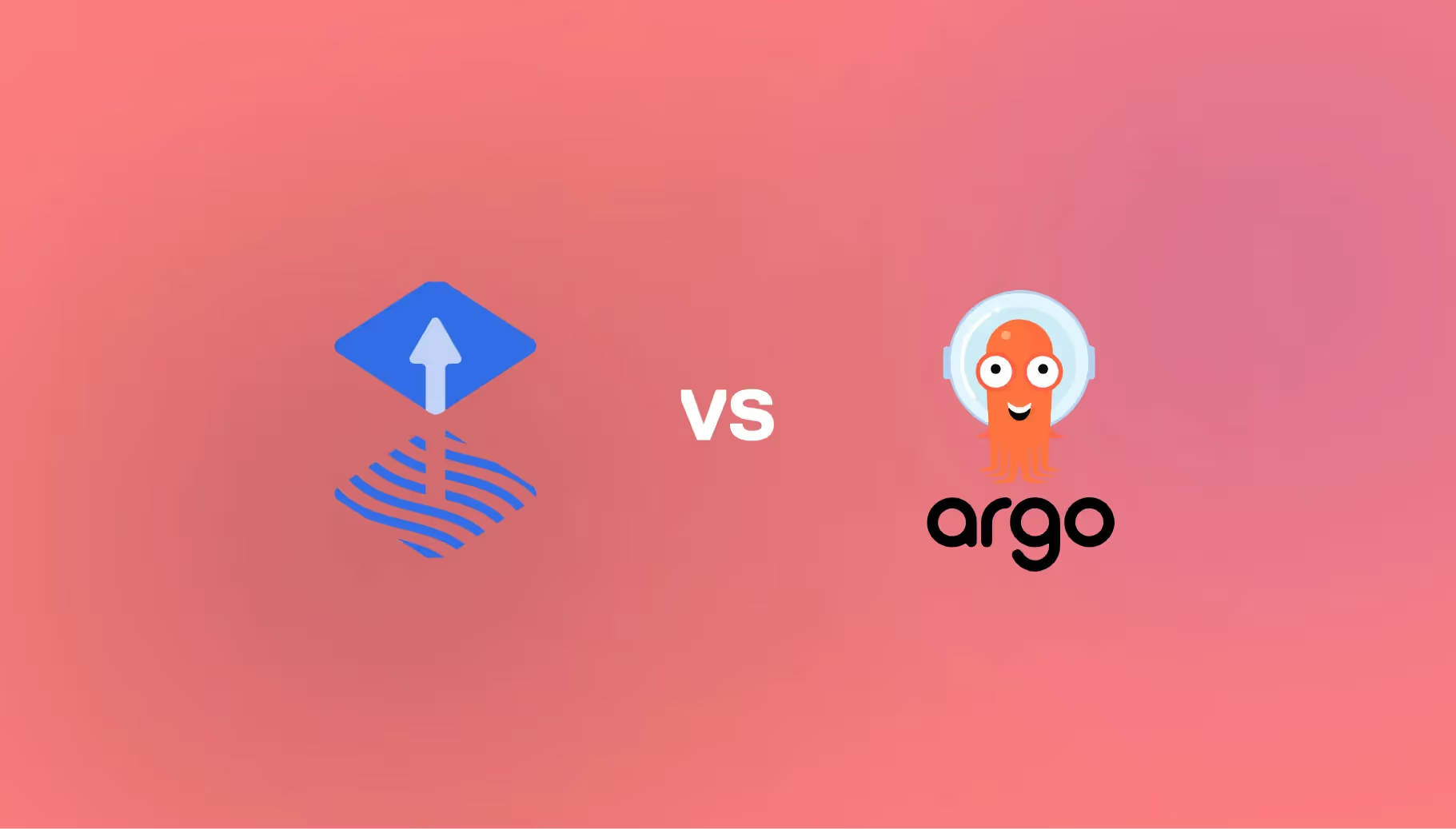

Key Points:
- FluxCD and ArgoCD are both powerful GitOps tools, but they serve different needs. FluxCD is a modular, Kubernetes-native toolkit ideal for teams comfortable with a hands-on, CLI-centric approach. ArgoCD is an all-in-one platform with a powerful UI, making it a strong choice for visual management and enterprise features.
- Both tools solve only one part of the problem. They are GitOps engines, but they don't automate the preceding steps like cluster provisioning, YAML manifest management, and creating a seamless developer experience, all of which require significant manual effort.
- Qovery is a complete Kubernetes management platform. It goes beyond what FluxCD and ArgoCD offer by automating the entire process from code to deployment, including infrastructure provisioning and manifest generation. This lets teams focus on building products instead of managing complex infrastructure and GitOps pipelines.
The debate between FluxCD and ArgoCD is a cornerstone for anyone looking to implement a robust GitOps strategy. Both are exceptional, Kubernetes-native tools for continuous delivery, but they offer distinct experiences. At Qovery, we understand that selecting the right tools is a critical decision.
This article will help you navigate their differences, so you can choose the one that best suits your team. It also introduces a different perspective: a complete Kubernetes management platform that abstracts away the complexities of both.
The Foundation: GitOps at a Glance
Before diving into the specifics, let's recap GitOps. This practice uses Git as the single source of truth for your declarative infrastructure and applications. You define your desired state in a Git repository, and an automated process ensures your cluster's live state matches it.
GitOps provides:
- Declarative deployments: Your system's state is defined by facts, not instructions.
- Enhanced security: A pull-based model keeps your cluster credentials safe.
- Auditable workflows: Every change is a Git commit, offering a complete history.
- Reliable rollbacks: Reverting to a previous state is as simple as a git revert.
Both FluxCD and ArgoCD embody these principles. Their core function is to continuously reconcile your cluster with what's in Git. Where they differ, however, is in their approach.
FluxCD: The Kubernetes-Native Toolkit
Think of FluxCD as a set of purpose-built tools that fit perfectly into the Kubernetes ecosystem. It's a collection of controllers, each with a specific job, that work together to create a powerful continuous delivery pipeline. This "toolkit" approach is a defining characteristic.
Why You Might Choose FluxCD
- Simplicity and Extensibility: Its modular design lets you build your ideal GitOps pipeline, piece by piece.
- Kubernetes-native feel: FluxCD's architecture is deeply ingrained with Kubernetes controllers and custom resource definitions (CRDs). If you love kubectl, you'll feel right at home.
- Security: The pull-based model is inherently secure. FluxCD’s security model is built on Kubernetes RBAC, which avoids the need to expose credentials to external systems.
ArgoCD: The All-in-One Platform
ArgoCD is more of a complete, opinionated application. It provides a holistic platform for continuous delivery, with a powerful user interface and a richer set of built-in features.
Why You Might Choose ArgoCD
- User Interface and Visibility: The web UI is a major draw. It offers real-time monitoring and makes it easy for developers to see what's deployed without needing deep Kubernetes knowledge.
- Application-centric approach: ArgoCD's Application CRD lets you manage complex applications as a single entity, which simplifies operations.
- Enterprise-ready features: With native SSO, multi-tenancy, and a robust RBAC, ArgoCD is well-suited for larger organizations with multiple teams.
The Missing Piece: Beyond the GitOps Engine
Both FluxCD and ArgoCD operate on the assumption that you have a fully-configured Kubernetes cluster, with a GitOps repository filled with ready-to-deploy YAML manifests.
But what about everything that comes before that?
- Cluster Provisioning: Setting up a production-ready Kubernetes cluster on AWS, GCP, or Azure with all the correct VPCs and security groups can take weeks.
- Manifest Management: Writing and maintaining hundreds of lines of YAML for a simple application, and repeating that for every microservice, is a heavy lift.
- Developer Experience: Neither tool fully abstracts away Kubernetes. A developer still needs to understand CRDs, Kustomize, or Helm charts just to get their code live.
FluxCD and ArgoCD are the engines of a car, but they don't provide the chassis, the wheels, the steering wheel, or the dashboard. They are a single, powerful component in a complex, multi-tool solution.
This is where Qovery comes in.
Qovery: The Complete Kubernetes management platform
Qovery is not a GitOps engine; it's a complete Kubernetes management platform built on top of GitOps principles. We provide the "car" so you can focus on the destination—delivering your application to your users.
With Qovery, you get the best of both worlds: the power and security of GitOps, but with a developer experience so simple it feels like magic.
- Git Push and Deploy: Developers simply push their code to a Git repository. Qovery detects the change.
- Automated Infrastructure Provisioning: Qovery automatically provisions and configures a production-grade Kubernetes cluster in your cloud account (EKS, GKE, AKS) in minutes, not months.
- No More YAML: Instead of writing complex manifests, developers configure their applications using a simple, intuitive UI or CLI. Qovery then generates and manages all the necessary Kubernetes and GitOps manifests under the hood.
- Automatic GitOps: Qovery automatically creates the necessary GitOps repository and uses a powerful engine to sync the cluster with the desired state. It's GitOps on autopilot.
- Unmatched Developer Experience: From a single dashboard, developers can manage their applications, view real-time logs, debug issues, and manage custom domains and environment variables, all without needing to touch a single line of Kubernetes YAML.
The Verdict: GitOps vs. a Kubernetes management platform
FluxCD and ArgoCD are excellent tools for teams who want to build their entire platform from scratch, piece by piece. They are for the DevOps experts who relish the challenge of managing a complex, custom-built system.
But for the rest of us—for the developers who want to ship code faster, the startups that need to move with agility, and the enterprises that want to empower their teams with self-service capabilities—Qovery is the alternative choice. We automate the complexities of Kubernetes and GitOps, so you can focus on building what matters most: your product.
Instead of debating which GitOps tool is right for you, consider a Kubernetes management platform that makes the entire debate irrelevant. Choose Qovery.
Ready to modernize your workflow?
- 🚀 Sign up for Qovery’s trial
- 📅 Book a demo to discuss how Qovery can accelerate deployments for your team.

Suggested articles
.webp)



.svg)
.svg)
.svg)
